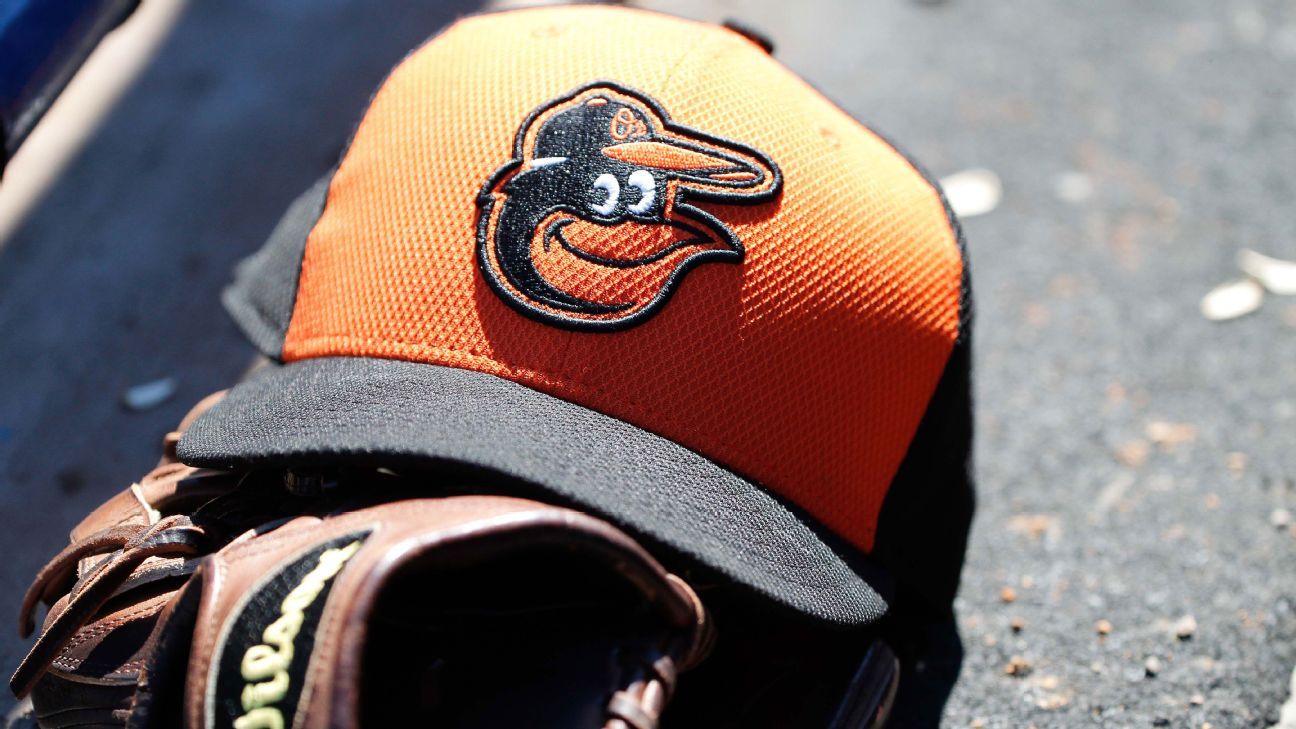
SHEBOYGAN, Wis. – It’s 144 winding yards from the practice putting green at Whistling Straits, through an idyllic dell, over a stone bridge and into the bowels of a sprawling grandstand that rings the first tee.
For this week’s Ryder Cup rookies it will be the longest and most intense walk of their lives. Ryder Cup officials, both with the PGA of America and the European Tour, haven’t just created an atmosphere on the first tee they’ve manufactured an experience unique in all of golf.
It’s intense. It’s overwhelming. It’s a singular event. And it will be a moment all the newcomers, both American and European, will endure and, eventually, come to adore.
The first-tee horror stories are legend.
“It was probably the most nervous I had ever been on the first tee,” said four-time major champion Brooks Koepka of his first brush with the famous first tee in ’16 at Hazeltine National. “I got chills, I think I was standing next to Tiger [Woods] or maybe Davis [Love III} and was like, how cool is this.”
If a flat-liner like Koepka can come down with a case of the willies just imagine what the moment will be like for Collin Morikawa or Scottie Scheffler, two of the U.S. side’s six rookies this week.
As captains Steve Stricker and Padraig Harrington have readied their teams for the matches there has been plenty of thought and energy put into preparing those first-timers for what many have called a storm.
“I would tell them to embrace it because it’s really special, but you know what you’re doing. You don’t have to reinvent yourself, go play. It’s still just golf,” American vice-captain Zach Johnson said. “[The Europeans] are just as nervous as you are.”
To Johnson’s point, easing their first-timers into the cauldron has been one of those unspoken secrets the Europeans have mastered. It’s all part of the playbook that has produced nine victories in the last 12 matches.
In 2012, then-European captain Paul McGinley wanted his players to be engaged in the first tee atmosphere well before they even arrived at the teeing ground.
“We had the image of [Justin Rose at the 2012 matches] when he holed that putt with his hands out, basically it was the opportunity to embrace the crowd rather than be intimidated,” McGinley said. “The message was when the crowd goes quiet you smash it down the fairway and anticipate the roar. Play to the crowd that way rather than be intimidated and just try to get it down the fairway. Try to smash it down there.
“It’s nerve-wracking but that’s what you want from the Ryder Cup or you wouldn’t have the thrill. I was very much about embracing the moment.”
What makes the Ryder Cup first-tee experience so unique is the expected nerves that come from playing for flag and close friends as well as an unmatched energy that the arena creates.
At the ’16 Ryder Cup crowds began lining up and imbibing to fill the first tee grandstands well before dawn each day and the theater that surrounded the first tee three years ago at Le Golf National towered over this week’s arena. But the energy and atmosphere remain unrivaled.
“What I would say is, one, it's more of the adrenaline rush than the nerves. Like it's more of an exciting version of that than it is a nervy version of that, and embrace that because you don't really get that opportunity but once every couple years,” said Jordan Spieth, who made his first tee debut in ’14 in Scotland.
The moment is so unique that Spieth counts that experience seven years ago at Glen Eagles as a catalyst for his future success, which included major victories the following year at the Masters and U.S. Open.
“You get to learn a lot from this event. You learn what you do well, it gives you that kind of experience that normally might take two or three years if you're playing really well to have four or five times you're in contention in a major, but you get to do it three, four, five times this week,” Spieth said.
Thursday promises to be a restless night for rookies from both teams with Whistling Straits’ raucous first tee waiting.
“When the alarm goes in the morning. You know it's coming. It's been building all week. It's exciting,” Ian Poulter said. “You know, it's a big tee box. It's great fun. It really is, from the moment you kind of walk out your tunnel to getting that tee peg and attempting to put the ball on the tee, it's a pretty fun ride.”
Fun might not be what comes to mind as the first-timers on Friday make their way through the dell and into the oversized monster that’s become a Ryder Cup staple, but as those who have made the walk before them can attest there’s only one option – savor the moment.















 Phone: (800) 737. 6040
Phone: (800) 737. 6040 Fax: (800) 825 5558
Fax: (800) 825 5558 Website:
Website:  Email:
Email: 






